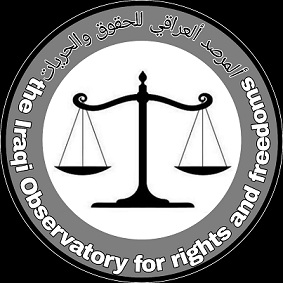The Iraqi Observatory reports that Israeli-Russian researcher Elizabeth Tsurkov, who was abducted in Iraq, is suspected to have been transferred to Syria through the Al-Qa’im border crossing. The observatory cites sources suggesting that this transfer was carried out amidst deliberate silence from the Iraqi government. According to these sources, Tsurkov was moved to Syria to prevent any potential rescue attempt by U.S. forces.
The reports highlight concerns over the lack of transparency from Iraqi authorities, with speculation that the government is avoiding any international attention or intervention regarding the incident. The transfer to Syria, which remains under the influence of various militant factions, further complicates her situation and makes any rescue mission by foreign powers particularly challenging.
Tsurkov, a well-known researcher who was in Iraq for academic purposes, has become a focal point in the geopolitics of the region. Her abduction underscores the complexities of security dynamics in Iraq, especially given her dual nationality and the potential implications for both Israeli and Russian diplomatic channels.
The Observatory’s report suggests that the silence from Iraqi officials might be aimed at mitigating any escalation with armed groups involved in the abduction, or possibly as a way to manage relationships with neighboring Syria. Meanwhile, concerns over her safety have been mounting, as the possibility of her being in Syria raises the stakes, considering the country’s unstable security environment and the ongoing conflict.
The incident reflects the broader risks faced by foreign nationals in Iraq, particularly those connected to Western or allied countries, amid rising tensions and the influence of various militant groups operating across Iraq and Syria.



